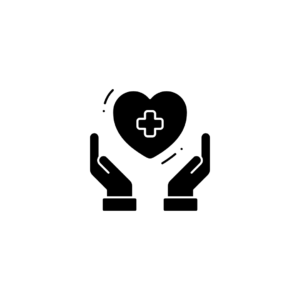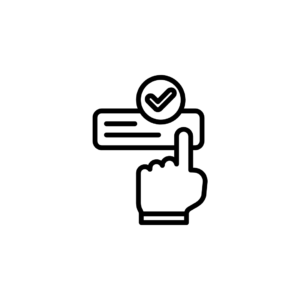Description
An Advanced Diploma in Hospital Front Office Management is designed to equip students with the skills and knowledge necessary to manage the administrative functions of a hospital’s front office effectively. This program focuses on the role of front office staff in providing high-quality patient service, managing admissions, and coordinating hospital operations.
Course Details:
Duration: Typically 1 to 2 years, depending on the institution and program structure.
Eligibility: A high school diploma or equivalent is generally required; prior experience or a background in healthcare administration or customer service may be beneficial.
Mode of Study: Offered in full-time, part-time, or online formats, blending theoretical coursework with practical training.
Curriculum:
The curriculum for an Advanced Diploma in Hospital Front Office Management usually includes the following key areas:
1. Introduction to Healthcare Systems
Overview of Healthcare Delivery:
Understanding the structure and functions of healthcare systems, including hospitals, clinics, and healthcare regulations.
Roles of Front Office Staff:
Exploring the essential roles of front office personnel in patient care and hospital operations.
2. Patient Admissions and Registration
Patient Flow Management:
Techniques for efficiently managing patient admissions and registration processes.
Electronic Health Records (EHR):
Introduction to EHR systems and their role in patient information management.
3. Customer Service Excellence
Principles of Customer Service:
Best practices for providing exceptional customer service to patients and their families.
Handling Difficult Situations:
Strategies for managing complaints and difficult situations with empathy and professionalism.
4. Medical Office Administration
Record Keeping and Documentation:
Skills for maintaining accurate patient records and understanding privacy regulations (such as HIPAA).
Scheduling and Appointment Management:
Techniques for scheduling appointments and coordinating patient visits with various departments.
5. Financial Management in Healthcare
Billing and Coding:
Basics of medical billing, coding practices, and insurance claims processing.
Revenue Cycle Management:
Understanding the financial processes involved in managing a hospital’s revenue cycle.
6. Healthcare Marketing and Public Relations
Marketing Strategies:
Overview of marketing techniques specific to healthcare services and improving hospital visibility and patient engagement.
Public Relations:
Principles of maintaining a positive image of the hospital within the community.
7. Health and Safety Regulations
Healthcare Compliance:
Understanding various health regulations, standards, and compliance requirements pertinent to hospital management.
Emergency Procedures:
Training on emergency protocols and procedures relevant to front office operations.
8. Teamwork and Interdepartmental Coordination
Collaborative Working:
Skills for effectively collaborating with other departments to enhance patient care and operational efficiency.
Conflict Resolution and Management:
Techniques for managing conflicts within the front office and with other staff.
9. Practical Training and Field Experience
Internships or Clinical Placements:
Hands-on experience in a hospital front office, applying learned skills in real-world settings.
Capstone Projects:
Projects that integrate knowledge from the program, focusing on improving front office operations or patient services.
Assessment:
Assessment methods in this program may include:
Written Exams:
Evaluating theoretical knowledge of healthcare administration and front office practices.
Practical Skills Evaluations:
Assessments of hands-on skills related to patient registration, scheduling, and billing.
Group Projects and Presentations:
Collaborative projects addressing operational challenges in a hospital front office.
Career Opportunities:
Graduates of the Advanced Diploma in Hospital Front Office Management can pursue various roles, including:
Front Office Manager: Overseeing daily operations of the hospital?s front office, ensuring efficient patient flow and service.
Patient Services Coordinator: Managing patient interactions and ensuring a positive experience from admission to discharge.
Medical Receptionist: Handling patient registrations, appointments, and providing initial support to patients and families.
Billing and Coding Specialist: Focusing on medical billing, coding, and claims processing to ensure efficient revenue cycle management.
Healthcare Administrative Assistant: Providing administrative support to healthcare staff and managing communication with patients.
This advanced diploma program prepares students to take on essential roles within hospital administration, focusing on improving patient experiences and ensuring efficient operations within the front office. If you have more questions or need further information, feel free to ask!









